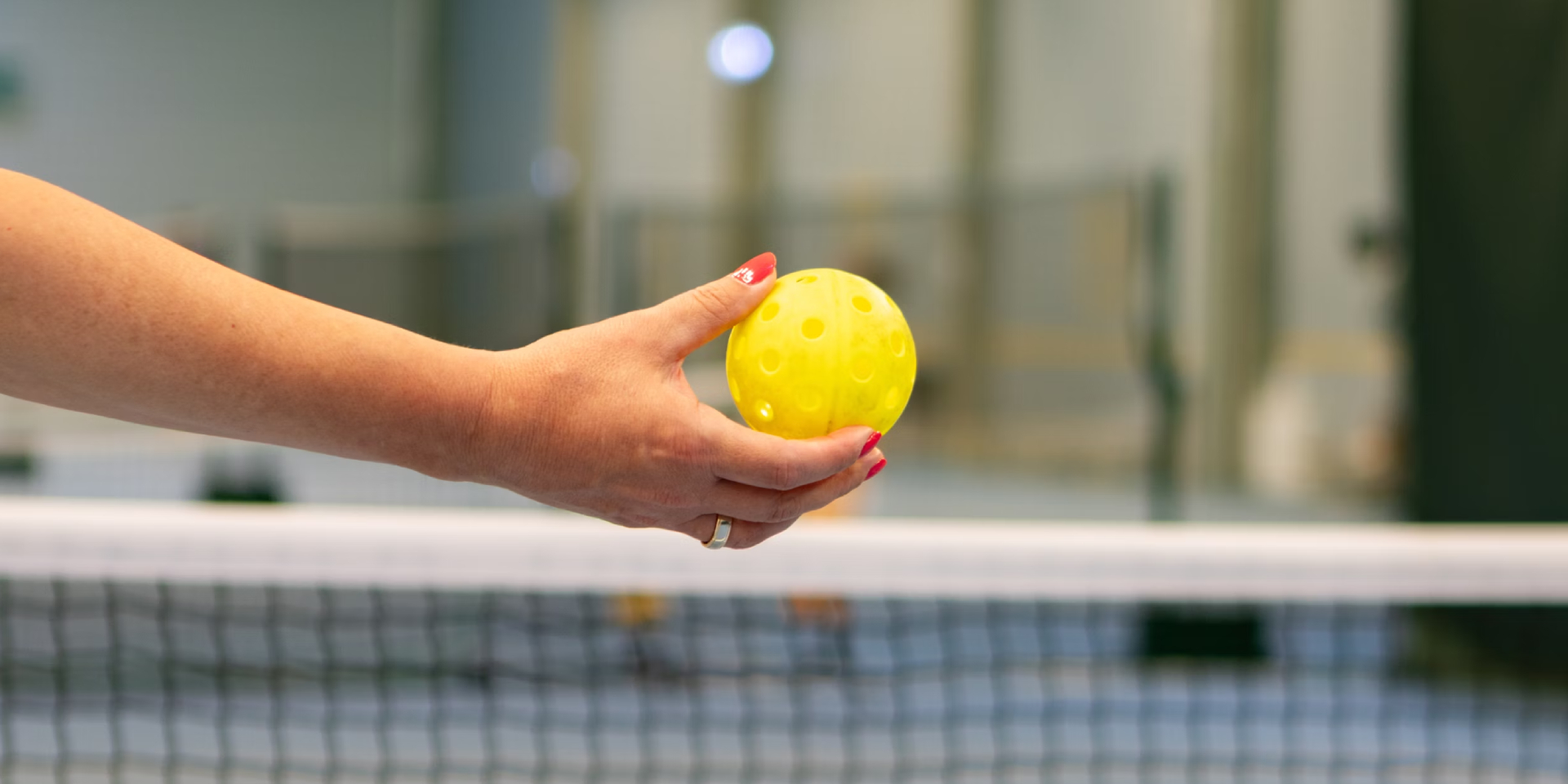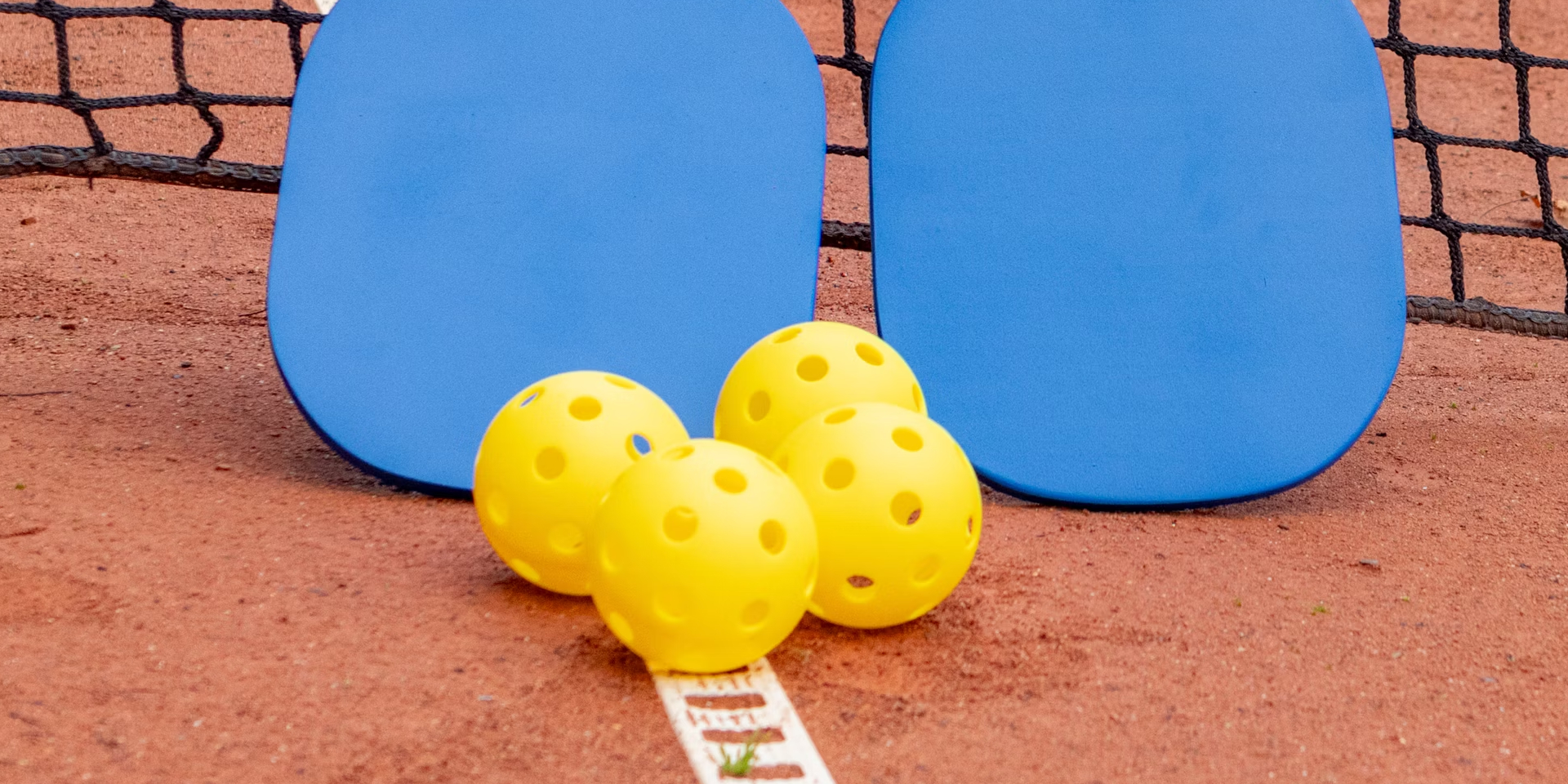
The 2025 USA Pickleball Rule Changes You Need to Know: A Guide for All Players
As 2025 approaches, so do exciting updates to the USA Pickleball rulebook! These changes are designed to refine gameplay, enhance fairness, and clarify some of the sport’s more intricate rules. Whether you’re a casual player or gearing up for tournaments, staying informed will ensure you’re ready to play your best game.
In this blog post, we’ll break down the most impactful rule changes for recreational pickleball players and share the reasoning behind each update. Let’s dive into the highlights of the 2025 USA Pickleball rule changes!
TL;DR: Top 3 Rule Changes You Should Know
- Spectator Line Calls: Players are now strictly prohibited from asking for or accepting spectator input on line calls.
- Volley Definition: The volley begins when the ball is struck (not the swing) and ends when momentum stops, with new rules about partner contact during volleys.
- Serve Release Clarification: Players can now release the ball with their paddle during serves, but spinning the ball remains prohibited.
1. Spectator Line Calls (Rule 6.C.4)
- What’s New: Players are now prohibited from accepting any input from spectators regarding line calls.
- Old Rule: “Spectators should not be consulted on any line call.”
- New Rule: “Spectators shall not be consulted on any line call.”
Why It Matters:
This update reinforces the principle that line calls must remain strictly between the players. Spectators can still cheer on their favorite players, but their opinions on close calls must stay out of the game.
2. Not Ready Signals (Rule 4.C.2)
- What’s New: Non-serving players can now use verbal signals like “stop” or “wait” to indicate they’re not ready after the score call. These signals will still be ignored by the server but may stop play for fairness.
Why It Matters:
This change ensures players have a clear way to communicate readiness, promoting sportsmanship and minimizing confusion during rallies.

3. Volley Clarifications (Rules 9.B.1, 9.B.2, and 9.H)
- What’s New: The volley begins at the strike of the ball (not the swing) and ends when momentum stops. Additionally, partners must avoid contact during a volley.
Why It Matters:
The update simplifies how volleys are defined and addresses a common source of debate—momentum. It also emphasizes fair play by preventing partner interference.
4. Fault Disputes (Rules 13.D.1.c, 7.O, and 13.D.1.a)
- What’s New:
- Disagreements about foot faults will now be resolved at the team level (not player level).
- Partners can now call faults on each other.
Why It Matters:
These changes promote clarity in disputes, ensuring disagreements between partners benefit their opponents and making teamwork and accountability even more critical.
5. Paddle Autographs (Rule 2.E.5.c)
- What’s New: Autographs on paddles are now allowed, as long as they don’t alter the paddle surface.
Why It Matters:
Amateur players can now collect their favorite pros’ signatures without fear of disqualification, blending fandom with fair play.
6. Preventing Paddle Dominance (Appendix.8)
- What’s New: Adds “one paddle” to the guiding principle of preventing any single shot, paddle, or playstyle from dominating the sport.
Why It Matters:
This rule emphasizes safety and fairness, ensuring that no player gains an unfair advantage through overly powerful equipment.
7. Serve Changes (Rule 4.A.5)
- What’s New: Players can now release the ball with their paddle during a serve, but spinning the ball is still prohibited.
Why It Matters:
This clarification reduces confusion around serves, giving players more flexibility while maintaining fairness.
8. Server Positioning (Rule 3.A.38)
- What’s New: Updates simplify the definition of a server and clarify how the correct server is determined in doubles.
Why It Matters:
This rule streamlines understanding of server positioning, making it easier for players to avoid errors.
What This Means for Pickleball in the UK
While these rule changes are implemented by USA Pickleball, they reflect broader trends in the sport’s development that may influence how pickleball evolves in the UK. As the game grows in popularity across Europe, UK players and organizations may look to these updates for inspiration in refining local rules. Emphasizing fairness, sportsmanship, and clarity, these changes could help unify international play and make pickleball even more accessible to new players.
Final Thoughts
These updates to the USA Pickleball rulebook for 2025 reflect the sport’s growing professionalism while keeping it accessible and enjoyable for recreational players. By understanding these changes, you’ll not only avoid penalties but also elevate your game with confidence and clarity.
For the full list of 2025 USA Pickleball rule changes, check out the official rulebook.
Optimize your pickleball game with these insights, and make 2025 your best year on the court yet!